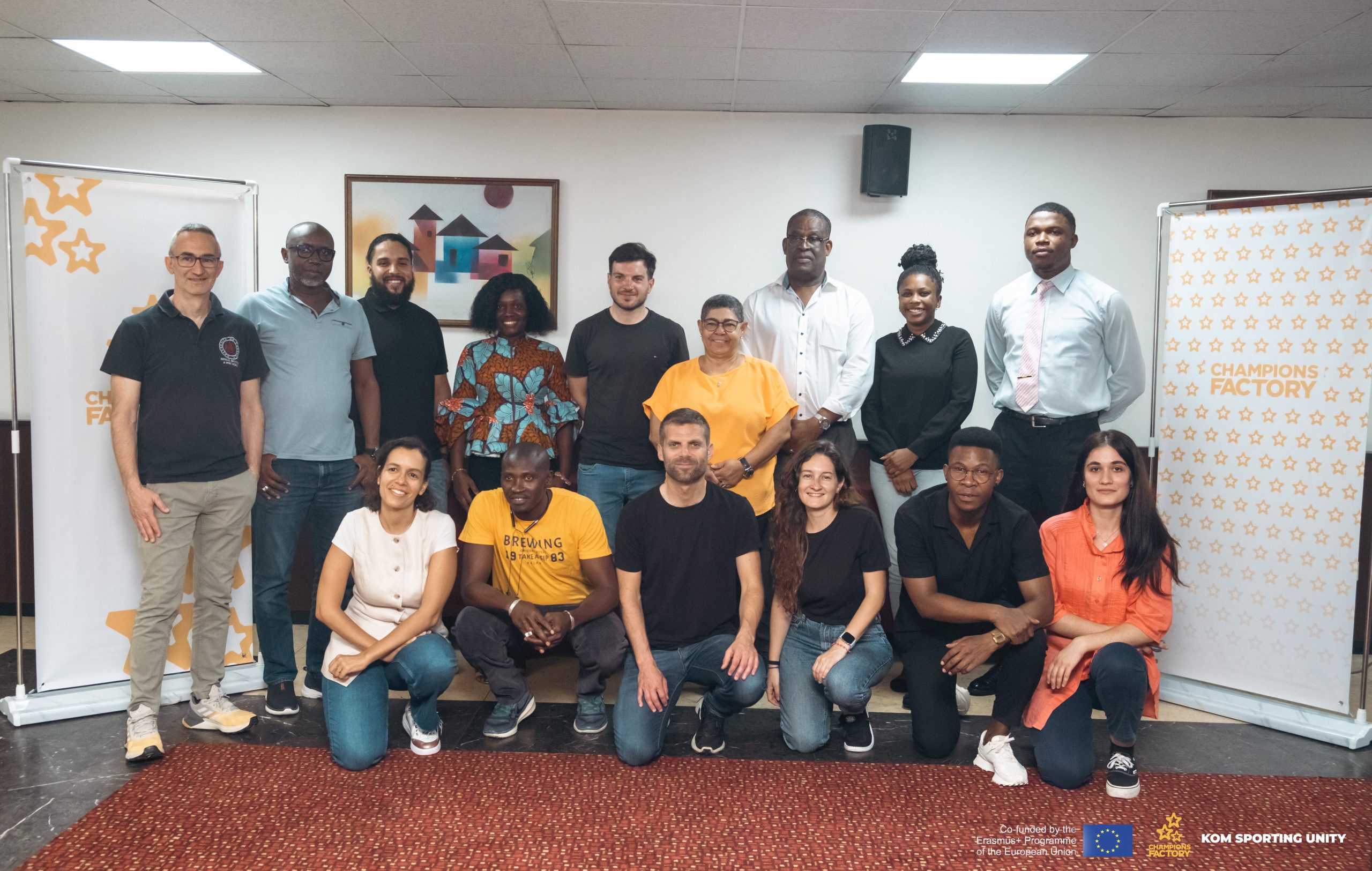In many parts of Africa, community radio remains one of the most accessible and trusted sources of information. It serves not only as a communication platform but also as a vehicle for education, empowerment, and engagement—particularly among youth in remote or underserved areas. Recognizing this potential, the SayPro Southern Africa Youth Project Erasmus+ Ghana Travel Program is exploring the powerful idea of developing exchange-focused community radio series to share the transformative experiences and lessons learned during international youth mobility.
The idea is simple yet impactful: returnee participants who have traveled to Ghana under the SayPro Erasmus+ program collaborate with local radio stations in their home communities to create a series of radio segments. These segments share their stories, cultural learnings, and personal growth, while also highlighting key issues facing youth in both Southern Africa and Ghana. In doing so, the program bridges the gap between those who travel and those who may never leave their hometowns.
The format of the radio series can vary—ranging from weekly talk shows and interviews to mini-documentaries and storytelling episodes. Young people themselves act as producers, hosts, and reporters, ensuring the authenticity and relatability of the content. They might interview fellow exchange alumni, cultural experts, or Ghanaian youth they met during the program, offering a wide lens through which listeners can experience the exchange journey.
One of the key strengths of using community radio is its multilingual reach. In Southern Africa, broadcasts in local languages such as Zulu, Sotho, or Tsonga can make the content more inclusive and impactful. Similarly, sharing phrases and cultural elements from Ghana—like greetings in Twi or stories of daily life in Accra and Kumasi—helps cultivate appreciation for continental diversity and unity.
Another important element is interactivity. Community radio programs often allow call-ins or SMS contributions from listeners. This opens up dialogue between the youth who traveled and their peers back home. It turns the exchange into a shared learning process, where others can ask questions, offer reflections, and even get inspired to join future programs.
From a development perspective, these radio series promote soft skill development—including communication, research, digital audio editing, and public speaking. They also serve as tools for post-exchange engagement, keeping alumni connected to SayPro and their local communities. Additionally, the radio platform becomes a space to discuss issues affecting youth, such as unemployment, education, mental health, and entrepreneurship—through the lens of international exchange and collaboration.
Moreover, such initiatives align with the broader goals of inclusive knowledge-sharing. While digital platforms often dominate youth programming today, not all regions have stable internet access. Community radio ensures that young people in rural areas are not excluded from the conversation or opportunities for inspiration and empowerment.
In conclusion, creating exchange-focused community radio series is a powerful, inclusive, and culturally grounded way to extend the impact of youth travel programs. It transforms personal journeys into collective learning and allows for the continuous growth of young leaders. SayPro’s initiative shows that when stories travel, change follows—one frequency at a time.
SayPro Southern Africa Youth Project Erasmus+ Ghana Travel Program


Leave a Reply